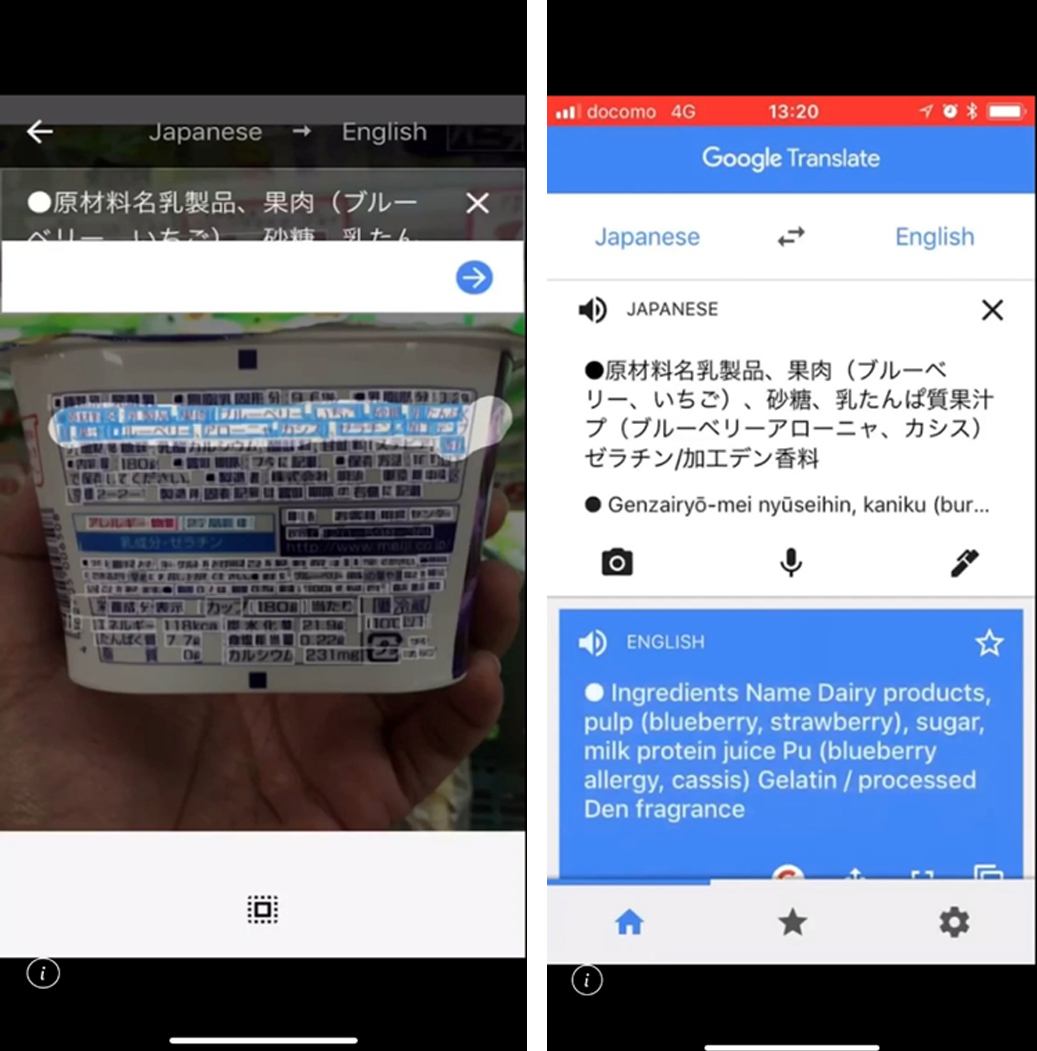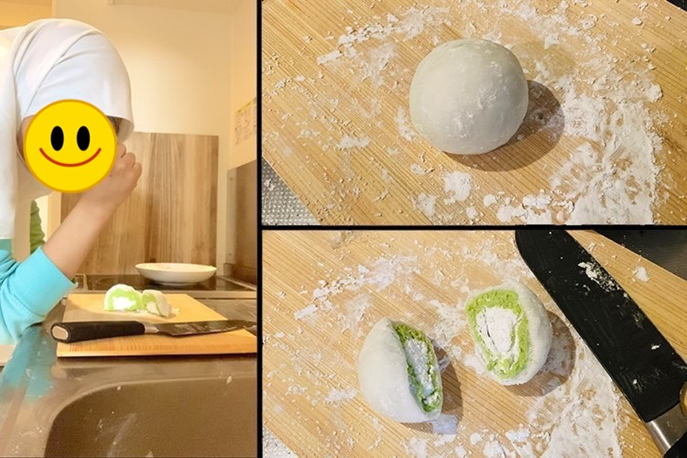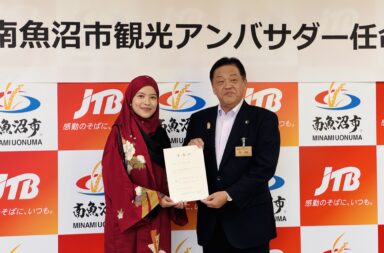Written by: Sakura Takiguchi
The concern about how Muslims living in Japan deal with halal foods is always interesting to talk about. Living in a Muslim-minority country, of course, become a challenge to fulfill the need on getting halal foods.
Today, we interview an Indonesian Muslimah who has been living in Japan for four years, talking about her daily shopping habits and her diet in Japan to figure out her struggles finding Halal food in Japan.
Where do you usually buy food?
I usually go to the supermarket to buy groceries. There are some supermarkets near my house and I usually drop by the supermarket on my way back home from my office.
When I was a university student and lived in Kanagawa, there were three stores near my house. So, if one of them sells products that contain things I cannot eat, such as gelatin, I could go to another one to buy a similar product that I can eat. But now I’m living in Chiba and I have fewer options which are honestly, frustrating.
Do you go to the wholesale market “Gyoumu Super”? They have many kinds of Halal foods.
I went there once, but it’s far enough from my house. Also, Halal meat is popular so it’s not always in stock, that’s also the reason I don’t go there often.
See Also
Halal Food at Japanese Supermarket; Your Halal Needs at Gyomu Super!
What do you often buy when grocery shopping?
I usually buy something that is a safe choice such as eggs, fish, vegetables, and flour.
How do you choose what to buy when you are shopping for food?
I check for gelatin, alcohol, shortening, and whether an emulsifier is soybean-derived. Of course, I check if it contains pork too. The other day, I bought some bread crumbs to cook deep-fried foods. Before I looked at the ingredients of the bread crumbs, I prayed, “I hope this doesn’t contain shortening…!”
Is it hard for you to check the nutrition facts of each product while shopping?
It was hard. When I first came to Japan, I could not understand Japanese. So, I used Google translate to understand the ingredients, it can recognize Japanese text from photos. Even so, I felt a bit frustrated because I get funny looks from people when taking pictures. Lately, I can understand Kanji and comprehend the ingredients, but it’s not always all fun (laugh).

A Google translate screenshot she uses to check ingredients
See Also
Get Halal Food in Japan (Tips and Tricks)
That’s why I‘m very thankful for Halal marks. Products imported from the US sometimes have Halal marks. One bad memory I’ve experienced is when I have to read all the ingredients carefully to make sure that it is okay, but then I found the Halal mark only afterward. It was so small!
Recently, I always go shopping in the same store, so I know which goods I can eat. I think I can now shop smoothly than when I started to live in Chiba.
Besides the ingredients, I struggle to find Halal food is in terms of the amount it is sold. I heard my friend found Halal gelatin in a supermarket, only to find out that it is sold per kilogram. That’s too much, so she had to give up buying it.
Where do you get information about Halal foods?
I get information from the LINE group for the working Indonesian living in Japan.
Recently, when I participated in a party such as the Iftar party with a lot of foods, I got some information about Halal food. For example, because I’m interested in cooking, I asked the person who cooked the dishes how to cook and I was surprised to know about Halal spring roll skin! Spring roll skin in Japan usually has alcohol on the surface, so I couldn’t buy it until now but then she told me to buy it from Halal-exclusive online shop Baticrom. I’d like to try using their service soon.
I found that there are many kinds of online Halal shops. For example, those that sell the ingredients, delivery services, and Halal cakes made-to-order.
See Also
Selections of Online Shops of Halal Foods That Will Make Your Day!
What do you want to cook in the future?

I like making sweets, so I want to make kikufuku (kikufuku is mochi filled with edamame sweet paste and whipping cream). I usually cannot eat Kikufuku because it contains shortening and emulsifiers. So, I’d like to make one by myself. I bought a food processor to make edamame sweet paste on my own.
Summary
From this interview, we figured out that she doesn’t give up on enjoying eating. Despite feeling desperate about the limited food she can have, she rather tries to make something she can eat. She struggles to persevere living as a Muslim in Japan, but she turns those difficulties into hobbies such as cooking and enjoys her lifestyle.
See Also
How New Japanese Muslim Deals with Halal


